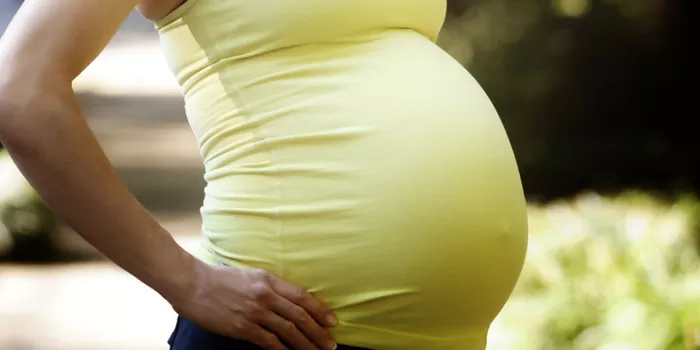NEW YORK, NY — Emerging research highlights the significant risks that climate change, particularly heat exposure, poses to unborn babies. Global warming is increasingly linked to deteriorating health outcomes, especially among vulnerable populations such as pregnant women and children.
Historically, scientists have demonstrated that heat exposure increases the risk of preterm birth and stillbirth. Recent studies further reveal alarming connections between rising temperatures and adverse outcomes for mothers and their babies, including congenital abnormalities, hypertension during pregnancy, and low birth weight. However, the long-term effects of prenatal heat exposure have received less attention. A systematic review of existing research on this topic shows that heat exposure during pregnancy can lead to significant health and socioeconomic challenges later in life.
Systematic reviews provide the highest level of medical evidence by synthesizing findings from multiple qualifying studies. Our review found that individuals exposed to excessive heat in utero suffered from numerous lifelong effects.
Heat exposure is typically measured using average air temperature, but some studies use more nuanced metrics that account for humidity and other factors affecting how heat is experienced. Defining dangerous heat levels for pregnant women is complex, influenced by location, context, and individual vulnerabilities. Different conditions may have varying harmful thresholds and susceptibility periods.
Our review analyzed 29 studies spanning over a century, revealing effects throughout individuals’ lifespans. Some studies followed pregnancies to monitor immediate child health impacts, while others used population registries to estimate in-utero heat exposure based on birth dates and locations. Over 60% of these studies were conducted in high-income countries with cooler climates, relying on naturally occurring variations in heat exposure rather than controlled trials. Despite these limitations, most studies linked prenatal heat exposure to harmful long-term effects.
We found associations between heat exposure during pregnancy and poorer educational outcomes and lower income in adulthood. For example, in the U.S., annual income at age 30 decreased by $56 (2008 equivalent) for each additional day with temperatures above 32°C during the first trimester of pregnancy.
Health impacts included increased risks of heart disease, hypertension, childhood asthma, and pneumonia. Childhood pneumonia risk increased by 85% for every degree Celsius rise in temperature during pregnancy. In Africa, prenatal heat exposure correlated with higher malnutrition risks, while in the U.S., it was linked to obesity. Mental health also appeared affected, with increased risks of eating disorders and schizophrenia.
Previous research has shown a connection between birth month and mental illness risk, suggesting that heat exposure could be a contributing factor. Overall, these effects culminated in lower life expectancy for those exposed to higher temperatures in utero.
Some studies indicated that female fetuses might be more vulnerable to the adverse effects of prenatal heat exposure. Understanding how heat affects unborn babies involves multiple pathways. These include worsening maternal health through conditions like pre-eclampsia and diabetes, direct impacts on fetal development, particularly the nervous system, increased risk of preterm birth and birth complications, and alterations in fetal DNA, potentially through changes in the epigenetic signature, which can switch genes on and off in response to environmental factors. One study even noted the shortening of fetal telomeres, DNA structures linked to aging and lifespan.
There is an urgent need for further research to understand these effects and develop strategies to mitigate them. Although current research is limited, the findings underscore the necessity for immediate individual, community, and global action to protect pregnant women and their unborn babies from the adverse effects of heat exposure.
Related topics:
- PAHO Executive Committee Convenes to Tackle Epidemic Intelligence and Climate Change Impacts on Health
- Select WOAH Standards: Building a Global Governance of Animal Health WOAH Standards: Building a Global Governance of Animal Health
- UK Issues Four-Day Heat Health Alert Amid Mini-Heatwave


